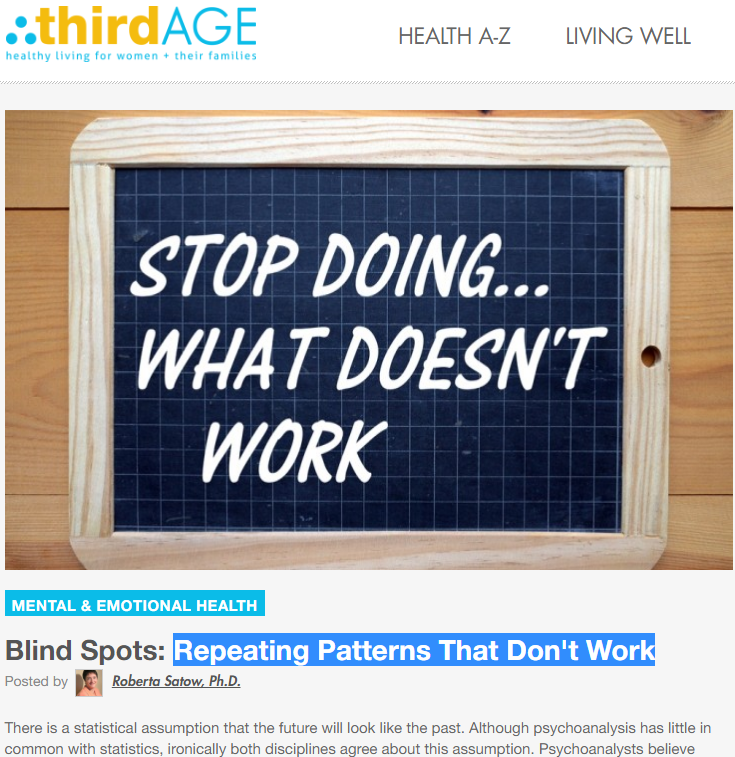Love is not a zero-sum situation--loving your mother-in-law, for example, does not detract from loving your mother. But when we are jealous, we feel that love is a scarce commodity and there's not enough to go around. I've thought a lot about how this plays out when our children grow up and develop other relationships. One of these situations that I've written about elsewhere is competition for love with adult children's in-laws.
For more of my thoughts about competing for love, you can check out my article on Psychology Today by CLICKING HERE.






